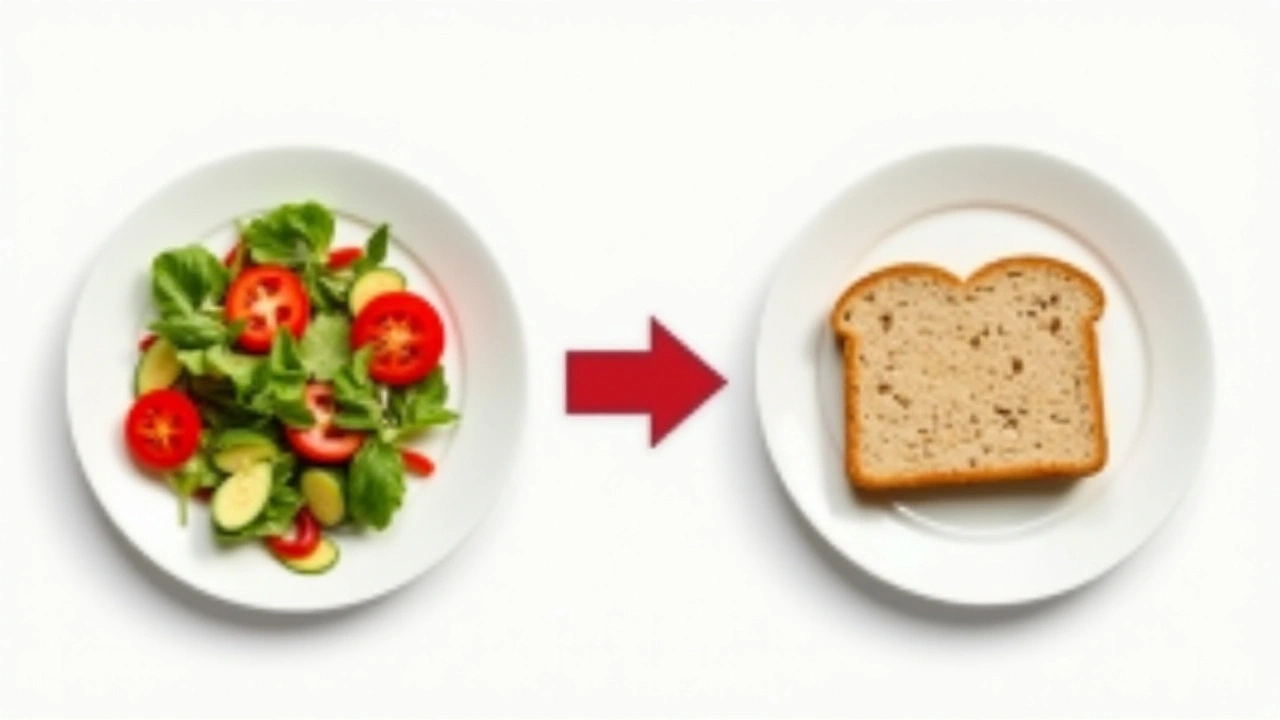Colorectal Cancer: Know the Basics
Colorectal cancer is one of the most common cancers worldwide, affecting the colon and rectum. The good news? It’s often treatable and even preventable if caught early. So, what should you watch out for, and how can you stay ahead of it?
First up, symptoms can be tricky because early stages often show no signs. But as it progresses, you might notice changes in your bowel habits like diarrhea or constipation, blood in stool, abdominal discomfort, or unexplained weight loss. If you spot any of these, don’t ignore them—talk to your doctor right away.
What Raises Your Risk?
Several factors can make you more likely to develop colorectal cancer. Age is a big one; most cases happen after 50. Family history matters too, especially if close relatives had colorectal cancer or related conditions. Lifestyle also plays a part — lacking fiber, eating lots of red or processed meat, smoking, heavy alcohol use, and being overweight or inactive all add risk.
Screening and Treatment Options
One of the smartest moves is regular screening. Tests like colonoscopies can find growths before they turn cancerous or catch cancer early. Guidelines generally recommend starting around 45 to 50, but your doctor might suggest earlier if you’re high risk.
If the cancer is found, treatments might include surgery, chemotherapy, radiation, or targeted therapies. The approach depends on how advanced it is and the patient’s overall health. Early diagnosis is key because treatment tends to be more successful then.
Bottom line: colorectal cancer doesn’t have to be a surprise. Knowing the signs, understanding your risks, and keeping up with screenings can make a huge difference. Stay aware and don’t hesitate to get checked—you could save your life.

Dietary Changes That Help Lower Your Risk of Colorectal Cancer
Exploring the link between diet and colorectal cancer risk, this article highlights the significance of incorporating more whole grains into daily meals to increase fiber intake. By making simple food swaps, individuals can make practical dietary adjustments that contribute to lowering their risk of developing colorectal cancer.




